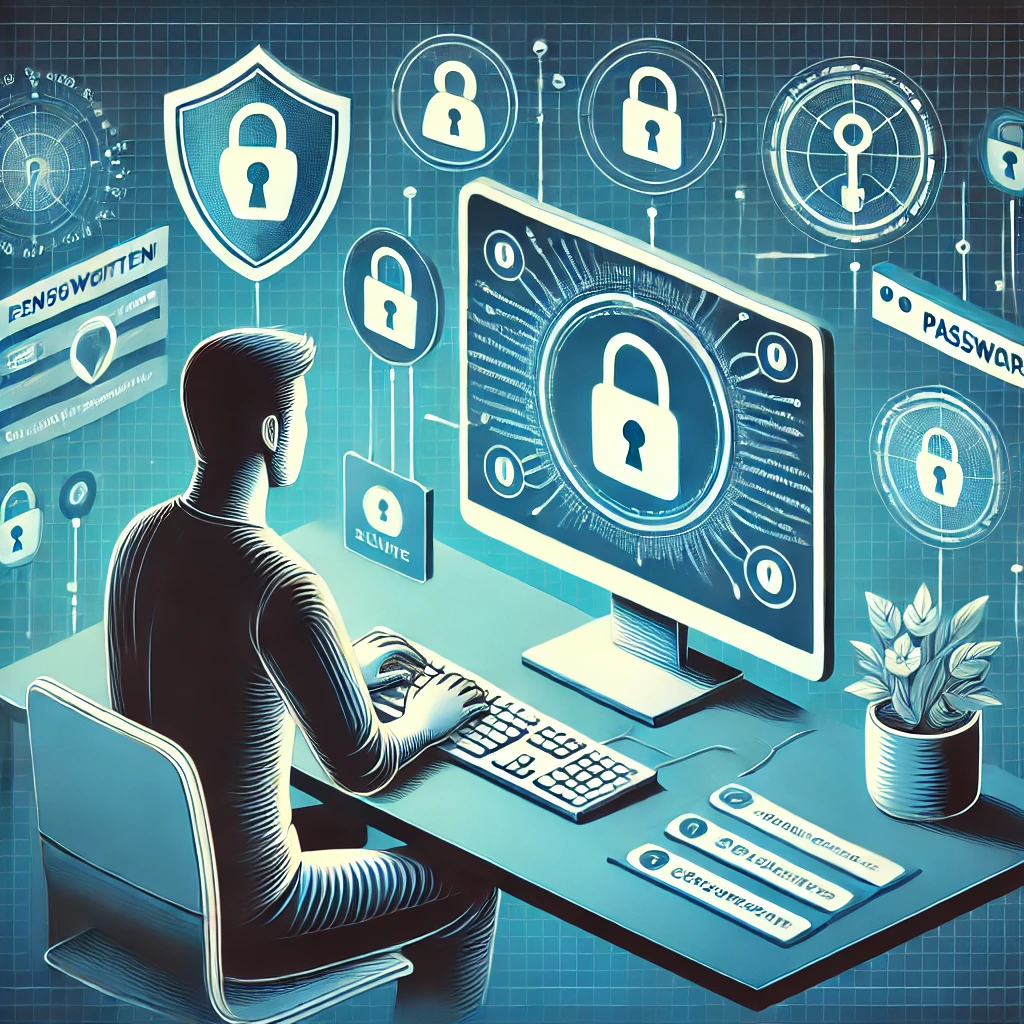
Must-Know Tips for Safeguarding Your Personal Data Online
In today's digital age, keeping your personal data secure is more important than ever. With cyber threats evolving every day, it’s crucial to be proactive in protecting your information. This guide will walk you through some of the best practices and tools you can use to safeguard your personal data while staying up-to-date with the latest technology trends.
1. Choose the Best Budget Smartphones of 2025
With so many budget-friendly smartphones hitting the market, you can easily find one that offers great value without compromising on security. The latest budget smartphones of 2025 come with built-in security features like biometric authentication, fingerprint sensors, and even face recognition. Look for models that offer regular software updates to ensure your device is always protected against the latest threats.
Why Security Matters in Budget Smartphones
Even though these phones are more affordable, security should never be compromised. A smartphone is a treasure trove of personal data, and a compromised device can lead to identity theft, financial loss, and much more. By investing in a smartphone with robust security features, you're ensuring that your data stays safe even when you're on the go.
2. How to Speed Up Your Windows 11 PC
When you're trying to safeguard your personal data, a slow PC can make the process of managing your security settings frustrating. Speeding up your Windows 11 PC isn't just about performance—it's also about optimizing security. A smooth-running PC allows you to apply updates quickly, run security software without lag, and stay on top of important system alerts.
Tips for Speeding Up Your PC
- Disable unnecessary startup programs
- Clear your browser cache and history
- Optimize your disk space
- Run regular antivirus scans
By keeping your PC in top shape, you'll be able to focus on what matters most: securing your personal data.
3. Top Free Video Editing Software in 2025
While editing videos is a fun way to express yourself, it's also essential to ensure that the tools you use are secure. Free video editing software can sometimes pose security risks if downloaded from unreliable sources. Be cautious and choose reputable software that respects your privacy and data protection.
Best Video Editing Software for Data Privacy
- DaVinci Resolve
- Shotcut
- HitFilm Express
These programs not only offer excellent editing tools but also keep your personal data secure by following strong privacy protocols.
4. Ways to Protect Your Personal Data Online
The internet can be a dangerous place if you don’t take the right precautions. Here are some fundamental ways to protect your personal data online:
Use Strong Passwords and Two-Factor Authentication
Never underestimate the power of a strong password. A weak password can open the door to hackers. Use a combination of upper and lower case letters, numbers, and symbols. Pair this with two-factor authentication (2FA) for an added layer of protection.
Why 2FA Matters
2FA requires a second form of identification—usually a code sent to your phone or email—making it much harder for hackers to access your accounts, even if they have your password.
Use a VPN to Encrypt Your Data
A Virtual Private Network (VPN) is one of the best tools to protect your data. It encrypts your internet connection, preventing hackers from intercepting your sensitive information when you browse the web.
5. Tips to Secure Your Smartphone
Securing your smartphone is just as important as protecting your computer. Since smartphones store a wealth of personal information, they are prime targets for cybercriminals. Here are a few tips to keep your device secure:
- Enable biometric authentication (fingerprint or facial recognition)
- Regularly update your apps and operating system
- Use an encryption app to protect sensitive files
6. How to Optimize Your Laptop Battery Life
When you're constantly on the go, optimizing your laptop’s battery life becomes essential. A well-optimized laptop doesn't just last longer; it also enhances performance, ensuring that your security tools are always up and running.
Battery Optimization Tips
- Turn off unnecessary background apps
- Reduce screen brightness
- Enable battery-saving mode when possible
7. Beginner’s Guide to Using VPNs
Are you new to VPNs? Don't worry—setting one up is easier than it sounds. VPNs can help protect your data, especially when using public Wi-Fi networks. Here’s how you can get started:
Steps to Set Up a VPN
- Choose a reputable VPN service provider
- Install the VPN app on your device
- Connect to a secure server
Once you're connected to a VPN, your online activities are encrypted and protected from prying eyes.
8. Best Chrome Extensions for Students
Students are often targets of phishing and malware attacks. Here are some Chrome extensions that can help protect personal data:
- HTTPS Everywhere
- LastPass (for secure password management)
- AdBlock Plus (to avoid malicious ads)
9. Download Free Apps for Productivity
Boosting your productivity is great, but it's also crucial to download apps from trusted sources. Some free apps can expose your data to third parties, so make sure to choose apps that prioritize your privacy.
Top Free Productivity Apps
- Trello
- Notion
- Google Keep
10. AI Tools to Boost Productivity
AI tools are incredibly helpful for productivity, but they also require strong privacy practices. Make sure to review privacy policies before using any new AI tool to ensure your data is protected.
Popular AI Productivity Tools
- Grammarly (for writing assistance)
- Zapier (for automating workflows)
- Otter.ai (for transcription services)